Welcome to Sunday Skills! This is going to be a weekly series of short, informal articles, each focused on a single element of interest that can be applied to creative endeavors. A lot of these little ideas are the types of things that don’t seem “big” enough to merit their own long-form article or podcast episode, but the science of expertise, the laws of common sense, and basically everyone who is good at anything agree that it’s the little things we do that matter. You can come back every Sunday and read something short that might make you just a tiny bit better.
Because I want these articles to be about ideas and not about promoting affiliate links or products, I’m not going to hyperlink any products. I will, however, make sure any good resource I mention is named in such a way as to be easily Googled.
I’d like this column to be as interactive as possible so please DO leave comments. You might have a piece of information that can really complete the puzzle for someone, or you might have a question that can help us all move the discussion forward. I’ll be planning to spend my Monday morning coffee replying to comments on the previous day’s column, so let ‘em rip.
GLEANING
“Gleaning,” is the word I’ve long used in my head to describe a seemingly bizarre ritual of mine: re-reading art books over, and over, and over, with the hope of picking out even one new spec of information. Usually, though, I feel like I’m reading a whole new book, and I get a TON more information instead.
See, if someone was good enough at something to write a whole book (or article) about it, and you found that information useful, chances are you will again – and in a radically new way. Language is, in truth, a fairly vague medium for ideas (especially visual and mechanical ideas, the ones we most need in art). So as the reader you are getting only an indication of where to take your thoughts.
This is especially true on the first read-through, when you’re going through the tough process of building a mental house that resembles the one the writer is describing. By the end of the book you might have a somewhat shaky foundation and the general facade of the house – but what’s in all the rooms? Where did the author hang the drapes, and where do they hide the chocolates? This information is all readily available to the reader who comes back a second time, because you and the author now share a similar general blueprint of the house, and can get down to brass tacks.
Think of all the pleasure you got that second time you watched Fight Club – all the little gems and hints you could appreciate. THAT is gleaning, but applied to entertainment. With informative and instructive books, we gain a further understanding of the material instead of a deeper appreciation of craft. Additionally, finding out that we can get more and more from the books we already have access to can help counter a sense of needing “more, more, more” information, in a world that produces new content at a pace far beyond what any one person has the ability to keep up with.
There also seems to be something similar to ‘reticular activation’ at work here. Reticular activation was nicely described by Scott Adams (the creator of Dilbert) in the book Tools of Titans, which is a distillation of several years of podcasting work by Tim Ferriss:
“It’s basically the idea that it’s easy to hear your own name spoken in a crowd. You’ll hear background noise blah, blah, blah, ‘Tim Ferriss,’ blah, blah, blah. And you think, how did I hear that one thing in this whole bunch of crowd noise? Basically, your brain isn’t capable of processing everything in its environment, or even coming close. So the best it can do is set up these little filters. And the way it sets filters is by what you pay attention to…”
As an example: when I first read Alla Prima I was horrendous at drawing, and I was starting to suspect it. I read the whole book, but the main takeaway (almost every page seemed subtly geared toward it) was a big kick in the butt to focus more on drawing, and a lot of great ideas about how to do that. Recently, however, I’ve been thinking about color, and so my latest re-read was littered with ideas – a million little gems, all on the same pages as the drawing advice – about color. And my mind was blown all over again.
I do this with books, audiobooks, podcasts, articles, tutorial videos, and anything else that’s a good source of information and ideas. Here are my most top ten most re-visited resources to date, in no particular order:
- The Art Spirit, Robert Henri. The deepest and most meaningful volume of art ideas I have yet come across; to ponder, cherish, and relate to for a lifetime.
- Alla Prima | Everything I know About Painting, Richard Schmid. An extensive primer on observational painting. I prefer the original edition over the expanded second edition, but it is considerably more expensive.
- Hawthorne on Painting, compiled by Mrs. Charles W. Hawthorne. At first glance: a single-minded manifesto on thinking of “accurate little spots of color” and nothing else while painting. Deceptively simple, beautifully practical, wonderfully lyrical. Re-reading this is like re-reading the Tao Te Ching, where there is always both less, and somehow more.
- How to Draw Figures in Perspective, Kim Jung Gi – Kazone Online. People who say they have no idea how KJG does the things he does haven’t watched this enough times. He really does lay it all out; it’s incredible.
- “Stream of Consciousness,” with Jeff Simpson – a Muddy Colors Gumroad Tutorial. This just always gets me excited and makes painting seem fun and wonderful, the way it should seem.
- Gnomon Masterclass Video Lecture Series, Craig Mullins. This is difficult to find nowadays, but well worth the effort as it’s probably the best digital painting tutorial ever created. The reason is that it’s mostly about how to think.
- Sidebar Nation, a podcast on the topics of Art, Comics, and Pop Culture, hosted by Dwight, Swain, and Adrian. Like the above these old episodes can be hard to find, but they are fantastic. These guys really had a gift for getting great artists on the mic and getting interesting ideas and stories out of them. Swain (Hunt) later created the podcast The Starting Bloq, which he shared here on Muddy Colors.
- Your Dreams My Nightmares, an illustration podcast hosted by Sam Weber from 2011 – 2014. The whole archive of episodes is available for public download and in totality is probably more valuable than an MFA in Illustration.
- Every single article here on Muddy Colors by Greg Manchess. Talk about layers of meaning. I have a browser bookmark set to his “articles by this contributor” page, and sometimes I will just read one at random with morning coffee. It has never yet failed to be relevant.
- Conceiving and Creating the Hellboy Movie Poster Art, a DVD by Drew Struzan. The first time I watched this I learned that there was so much more I could be doing in my workflow to improve my art and please my clients simultaneously, if I would only care more. The second time I learned that I am an ant. The third time my mind started to crack, and I realized that painting fluency could go so much further than I’d ever considered – that there were whole new planes of painting thought to be explored. Many views later, it continues to inspire and excite me in a way few other videos can because we are seeing a true, living master ABSOLUTELY CRUSH at painting. It is like actual magic.
In closing, I’d like to share a little excerpt from Wooden, by John Wooden and Steve Jamison:
“Drink deeply from those great books of your own choosing and you will enrich yourself.”
He makes a good point that the books you revisit often must be of your own choosing. Mine won’t necessarily interest you in the way they interest me – but hey, who knows? Everything is worth a shot. If you’ve got a resource you’ve consistently been able to glean new insights from, drop it in the comments, and tell us what’s so great about it! We all tend to take for granted the things we already know and love, but your old gold mine might just open up a whole new world for someone else. Greedily, I hope it’s me.


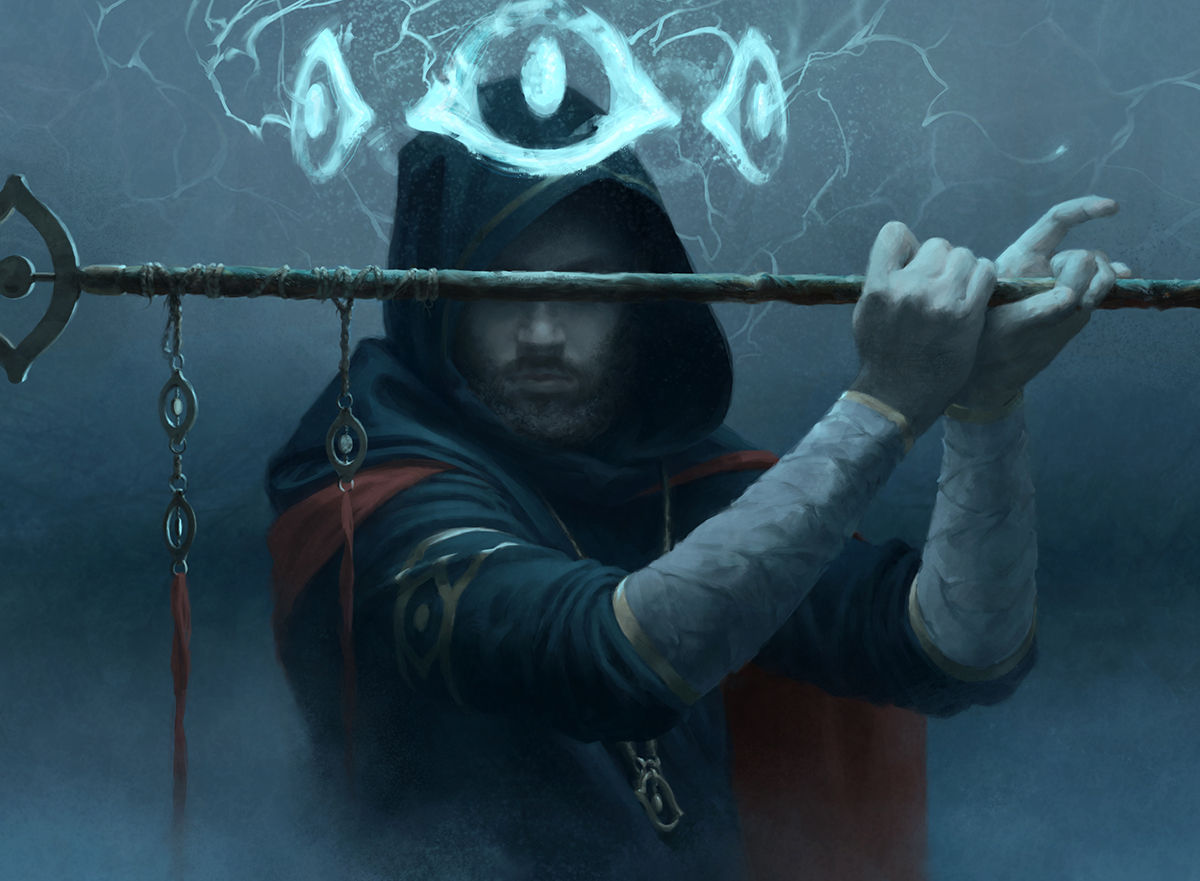
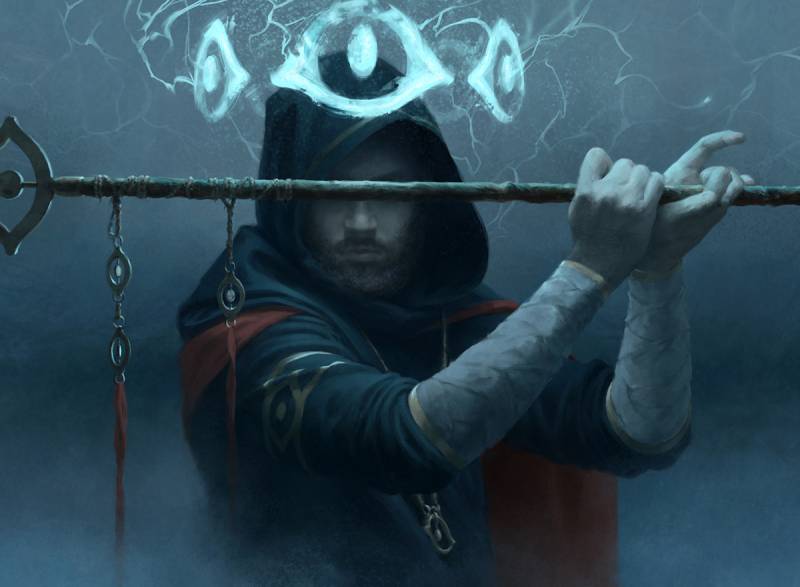
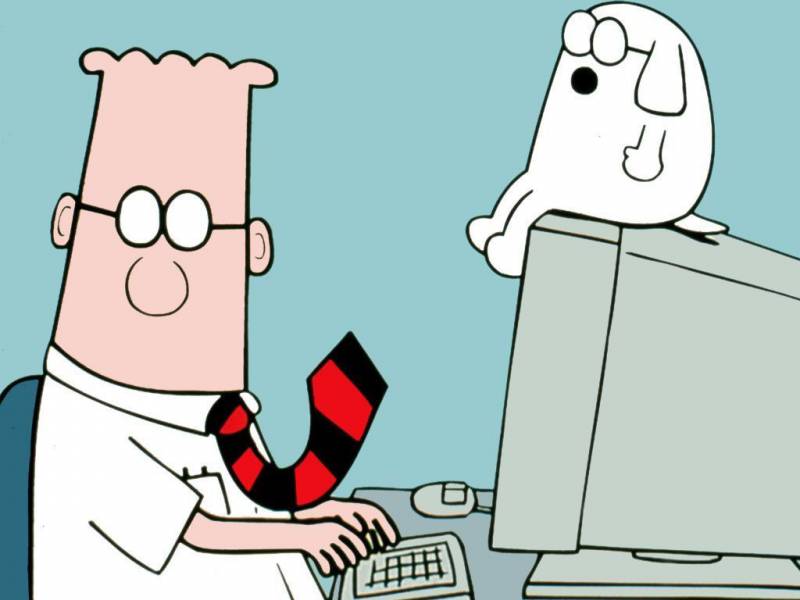
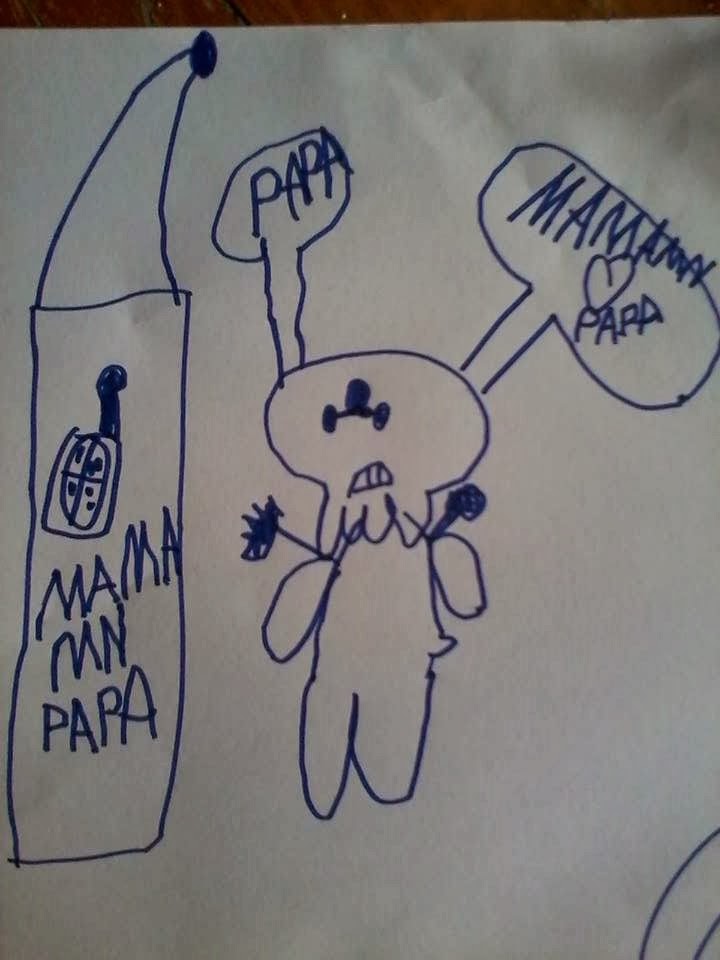
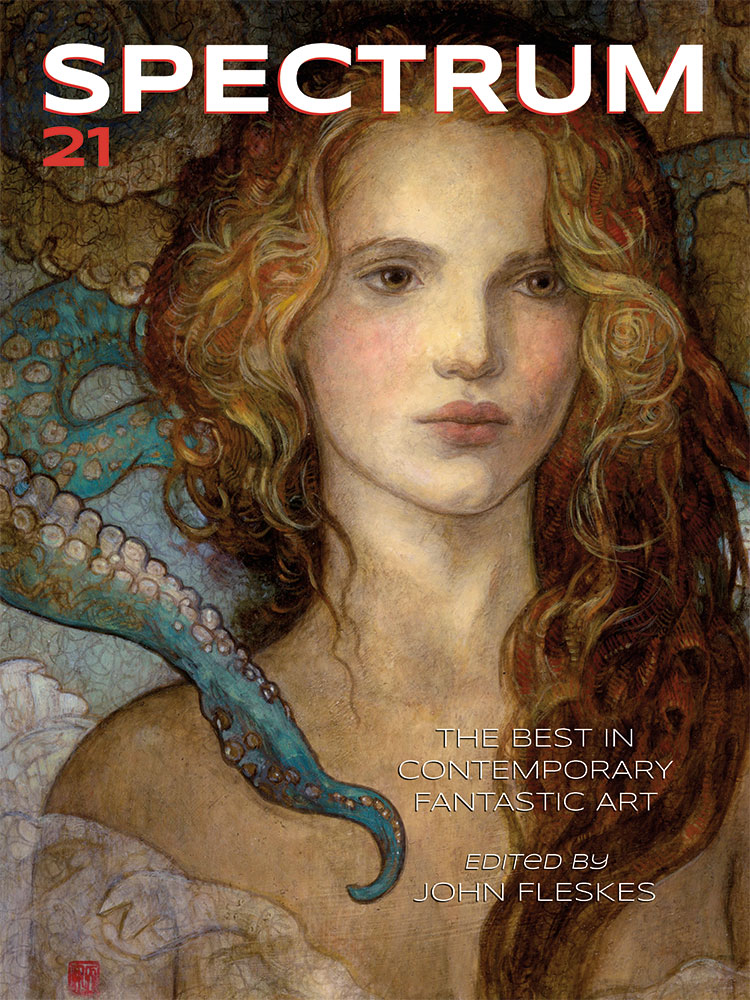
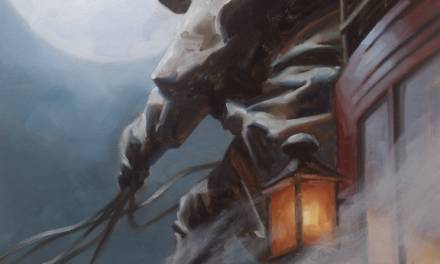
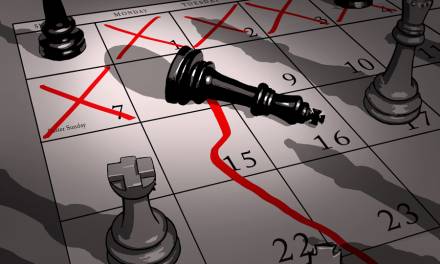
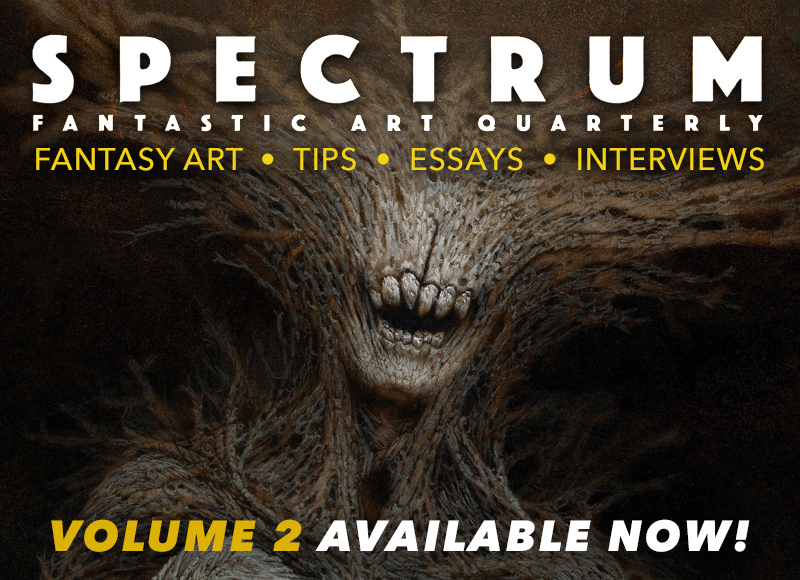
I still reread James Gurney’s books, Color and light and Imaginative Realism. They have helped me on my way. Just bought The Art Spirit, Robert Henri and still reading it.
Gurney’s books are so great! I tend to recommend them to those who are already at an intermediate level or beyond, as Gurney’s preponderance of technical information can make a beginner feel overwhelmed. I say this as someone who often feels overwhelmed by technical information 😉
Really great stuff! Thanks Tommy. I’d like to add Iain Mccaig’s Shadowline book – whenever I feel frustrated reading it just reminds me to have fun.
Ian is the absolute Master of making art fun – a real hero of mine. Great add!
Hey Tommy,
Nice idea on this article. You’re launching a wonderful series there. I just hope you won’t be overwhelmed.
Anyway, I second Greg Manchess’ articles. After some semesters with him at Smartschool I can say Greg’s depth of knowledge is such that even if he goes over the same subject each time you learn something new. Even relistening to him critiqueing what I had sent in or rewatching some of the demopaintings he did just opens up new knowledge time after time. In fact even just studying how he holds a brush in those demo paintings reveals things.
And last but not least there is this little booklet here that is an absolute joy each time you open it: Edgar Payne’s “Composition of Outdoor Painting”. It’s got a ton of knowledge you just cannot belief. It was recommended to me by Marc Scheff and I’m very happy I bought that one. The font of knowledge that that book actually is, is simply put nothing short of staggering if you want to study composition or paint nature scenes.
That’s quite the ringing endorsement! I’m going to check that one out asap as I’ve always loved Payne’s work…had no idea he wrote a book.
This is a wonderful list, I have the books (Art Spirit and Alla Prima being probably the best art books of all time), but I’m looking up the courses now. I’d mention Oil Painting Secrets from a Master by David Leffel and Figure Drawing for Artists: Making Every Mark Count by Steve Huston as great as well for when you’re getting started that get deeper as you improve. Thank you for the recommendations!
Thanks for the additions Sarah! Huston just *barely* missed being on this list; I go back to that one all the time. I’ll have to check out the Leffel book you mentioned!
Speaking of Greg Manchess, I always go back and read Above the Timberline. It’s not an informational art book but theres so much to learn about visual storytelling that I glean everytime I go through it.
Hi there Tommy,
I love your selection with several of them (Alla prima, Hell boy, Manchess articles – 10 things in particular) being my inspiration as well. I will definitely check the rest of your recommendation. I would add from my side these: All demos by Jeff Watts on youtube, Lectures from Steve Huston (NMA, and especially the old lectures on youtube from 2001 – they are gold), Classical drawing from atelier by Juliette Aristides. James Gurney’s blog and his books of course. Bobby Chiu’s podcast (inspiring, spirit uplifting, encouraging), Gary Tucker and his watercolour demos on youtube. Gregg Kreutz’s problem solving for oil painters…
That’s all that I can recall in the moment 🙂
Regards, Petr
great idea , Tommy. My two cents:
– about composition: “composing picture – still and moving” by Donald W. Graham, because there are not lot of books that dig so deeply about the theme; It is the cornerstone of composition: it disassembles and recreates the mechanisms that underlie the creation of an image.
– about Creativity (and suffering): Art&Fear” and “War of Art”, I remember already mentioned here on Muddy colors. So, I will say ” The Creative habit” by Twyla Tharp because it teach you an approach to creativity based on hard work and habits to be developed
– “The Drawing Projects – An Exploration of the Language of Drawing” by Mick Maslen and Jack Southern , simply because it is unique in his talking about drawing and goes beyond the traditional drawing, offering interview with contemporary artists and lots of insights and points of view.
I’d like to close with “The Zen of Seeing: Seeing Drawing As Meditation” by Frederick Franck because it is full of love for the drawing as act of discovering the world around us (and because is handwritten). The spirituality of drawing
Great article,
I will leave hyperlinks. The full archived collection of THE OLD sidebar podcast
https://archive.org/details/SiDEBARPODCAST/Ep_234_sidebar_commissionImpossible.mp3
The new Sidebar(No creator interviews more entertainment driven)
https://www.sidebarforever.com/
Craig Mullins has two new nine week tutorials on Schoolism, this just happens to be the best one in my opinion.
https://www.schoolism.com/digital-painting-courses/digital-painting-craig-mullins
Wow thank you! I had no idea all of Sidebar could be found in one concise location like this anymore; amazing share 🙂
No prob, That site has has books and all recorded websites archived.